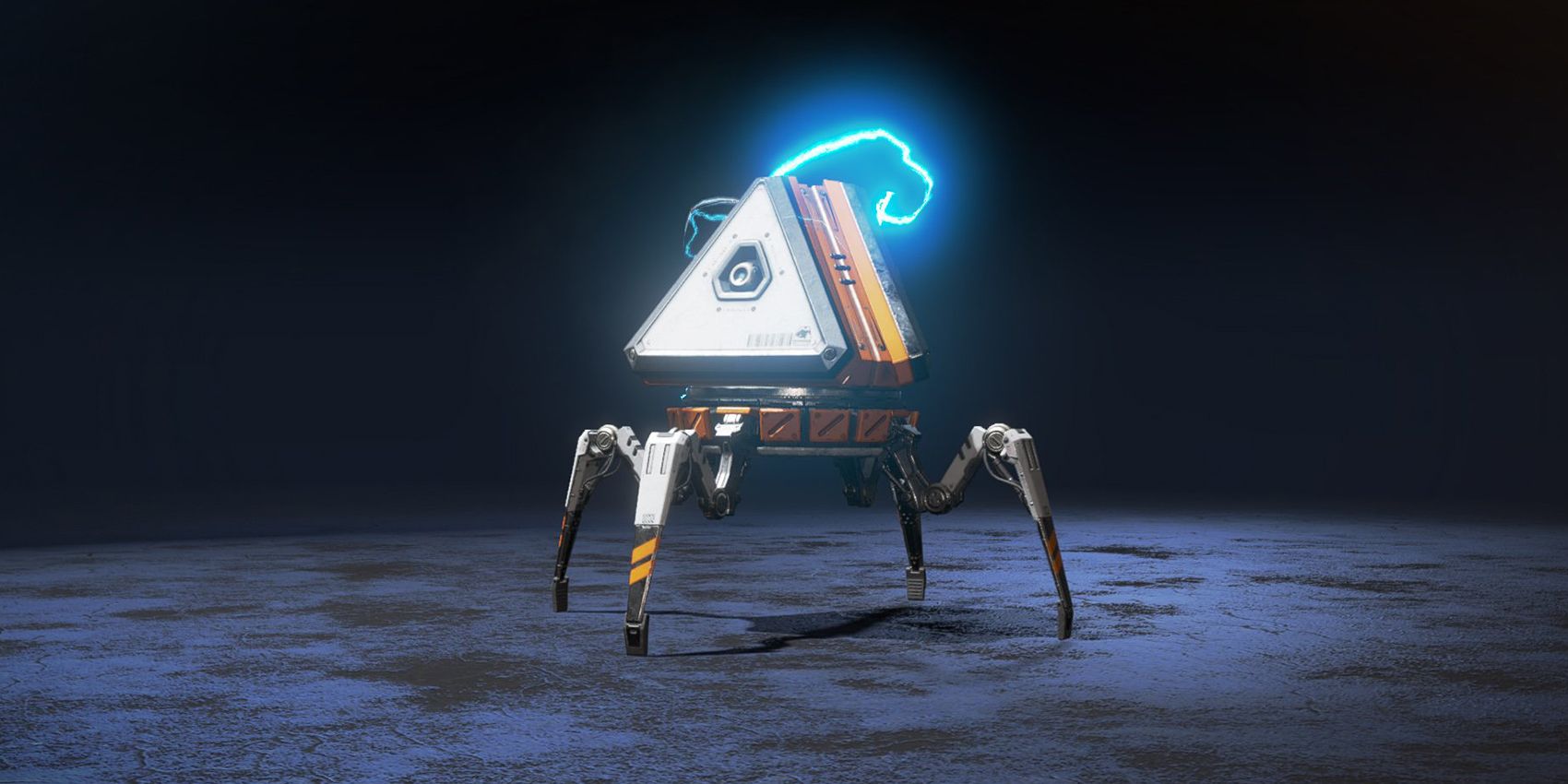Loot boxes are expected to garner over $20 billion in revenue by 2025. In-game cosmetics have become one of the most profitable practices in video games. Mostly used in multiplayer games, these skins and items, which usually have no impact on gameplay, can be worth between $1 and $1000. Games like Counter-Strike: Global Offensive and Overwatch are infamously linked with loot boxes, mostly due to the former’s in-game economy created from skin wagering.
Over the years, skins have become valuable enough to be traded like real-world currency. Third-party companies have figured out ways to bypass restrictions to sell items for thousands of dollars in high volume. These trades usually occur on betting sites for eSports competition, where skins are used to wager against a match’s outcome. Couple this with multiple cases of kids using their parents’ credit cards to buy these items, games tying loot boxes to progression, and practices goading players to buy more based on difficulties, it is no question why loot boxes are considered controversial. So controversial that several lawsuits concerning them have been filed against several high-profile gaming companies.
As reported by gamesindustry.biz, a study by Juniper Research found that loot boxes will produce $20.3 billion by 2025. Of that amount, $321 million will come from skin wagering, a $100 million increase from 2020. An estimated $15 million was generated in 2020 by loot boxes, with an average five percent increase per year. However, Juniper Research states that income will slow when “consumers become fatigued” from the number of games with loot boxes. They also say that litigation against the practice will impact their use in the future.
A graphical breakdown of the study displays the regions contributing the most toward the $20 billion estimate. In the lead is the Far East and China, with over 50 percent of the graph. Second is North America, followed by West Europe, and then Latin America. Far Eastern and Chinese consumers are susceptible to these in-game currency practices, with many of their mobile and PC games having a “gacha” game model. A great example of this is Genshin Impact, a free-to-play, open-world Breath of the Wild-like game that uses loot boxes to obtain new characters, weapons, and other items. The game was developed by Chinese developer miHoYo, known for developing other gacha games.
While many companies try to defend their use of loot boxes and in-game currency, even more players feel that games are being ruined intentionally for monetary transactions. The controversy surrounding loot boxes has prompted some developers to tout the fact their game has no microtransactions, a feature that used to be commonplace in games before the 2010s.
Source: gamesindustry.biz


